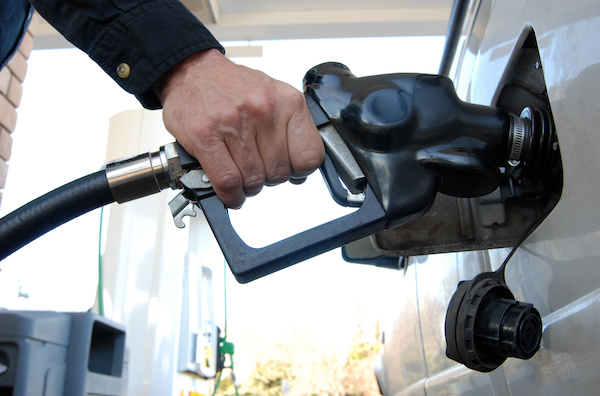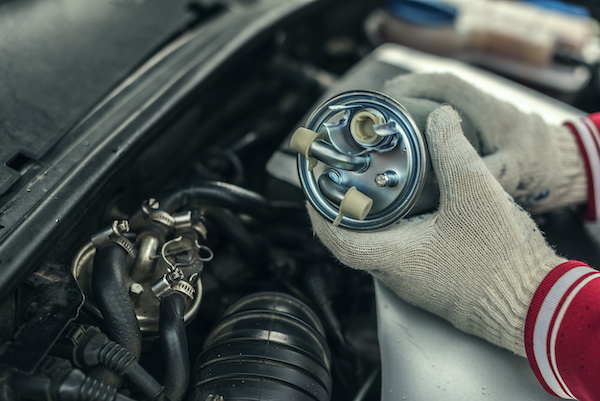Posted on 9/30/2022

We’ve seen fuel prices go up in the last several months, and an emphasis on fuel-saving has become more important now than before. Besides driving less, there are many ways to improve your vehicle’s fuel efficiency. With minor changes to your driving habits and outlook on car care, you can be set to save money on fuel over time. Here are our top tips on how to save money on fuel: Tip #1 - Check and Adjust Tire Pressure Paying attention to your tires is one of the most impactful ways you can save money on gas. Now that it is Fall, the air in your tires is going to contract, causing under-inflated tires. If you don’t keep up with your tire pressure, your vehicle can end up burning more fuel than necessary and cause premature tire wear. Tip #2 - Reduce the Weight of Your Vehicle Load Some people like to stuff all their junk into their trunk; but if fuel efficiency is what you want, then we highly advise against it. Additional weight can put stress on your car compone ... read more
Posted on 8/31/2022

A fuel filter is responsible for sifting out the debris and other contaminants that may be in your fuel tank. It does this cleaning process before the fuel is transferred to the engine for burning. In fact, most engine-related problems stem from poorly maintained fuel filters. To prevent costly engine repairs down the line, please remember to change your fuel filter as per recommended by our automaker. Below are 4 symptoms of a bad fuel filter to be on the lookout for: Car Starting Issues Trouble with car starts can be caused by a variety of issues, including a dead battery and a clogged fuel filter. It is important that you have this properly diagnosed ASAP to avoid getting stranded. Engine Stalling If your vehicle comes to a standstill for no reason, it is stalling. Since a clogged filter hinders consistency with the fuel flow, it can majorly impact your car’s performance. If your car starts and stops randomly, please have your fuel filt ... read more
Posted on 7/29/2022
.jpeg)
Once you step on the brake pedal, your vehicle should slow or stop on demand and at your convenience. And when the brakes fail, they can cause catastrophic accidents leading to extreme car damage or worse, injuries or the loss of lives. If you have ever pressed the pedal and felt it was spongy or soft-feeling, this is a clear sign that it could be within the brake lines. Let us explore what brake lines are and the signs that tell you there's air in your brake lines. What Are Brake Lines? The brake lines are the components of your brake system that house and circulate the brake fluid. Since the brake system is hydraulic, it uses high pressure from the brake fluid to power the brakes. When there is air within this hydraulic system, it reduces the hydraulic pressure and essentially makes the braking process less effective. As a result, the brake system can fail. Here are some symptoms that could indicate the presence of air in your brake lines. The brake pedal ha ... read more